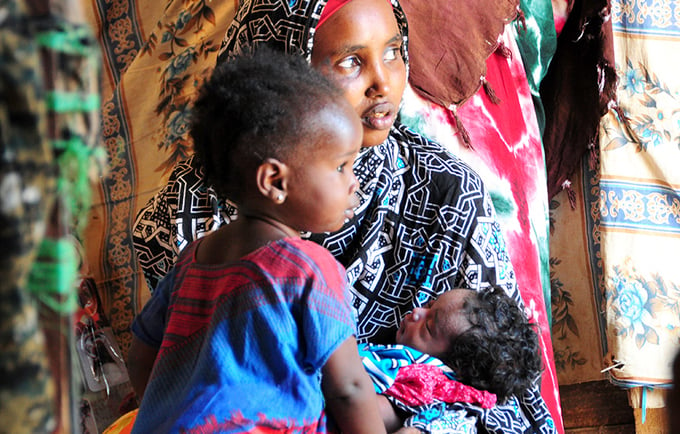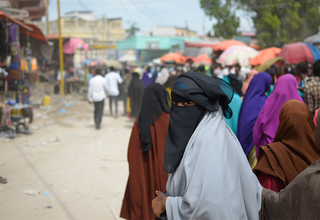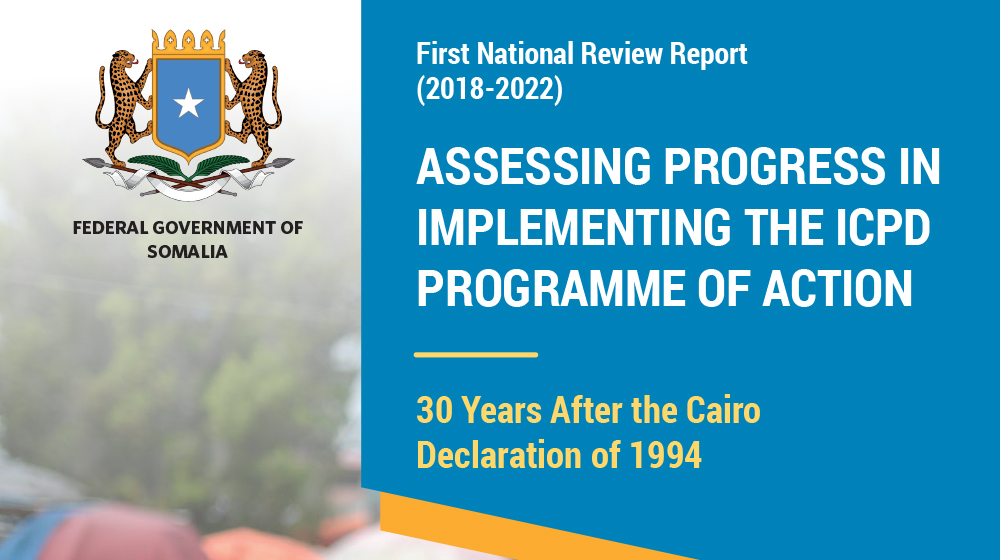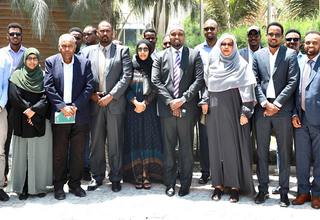Statement by UNFPA Somalia Representative a.i. Dr. Mary Otieno on World Population Day; 11 July 2024
On this World Population Day 2024, UNFPA joins the Government and partners to reflect on the strides made since the 1994 International Conference on Population Development (ICPD). In Somalia, collaborative efforts between the government, UNFPA, and other partners have resulted in notable advancements in Reproductive, Maternal, Newborn, Child and Adolescent Health, granting more Somali women, girls, children and young people access to essential health services and information. Data has been the cornerstone of these achievements. Reliable and inclusive data has not only illuminated the needs and progress in health outcomes but also informed effective strategies. In a rapidly changing world, building robust, evidence-based systems is essential. For Somalia, data-driven approaches are key to managing the complex interactions of population dynamics, conflict, and climate impacts.
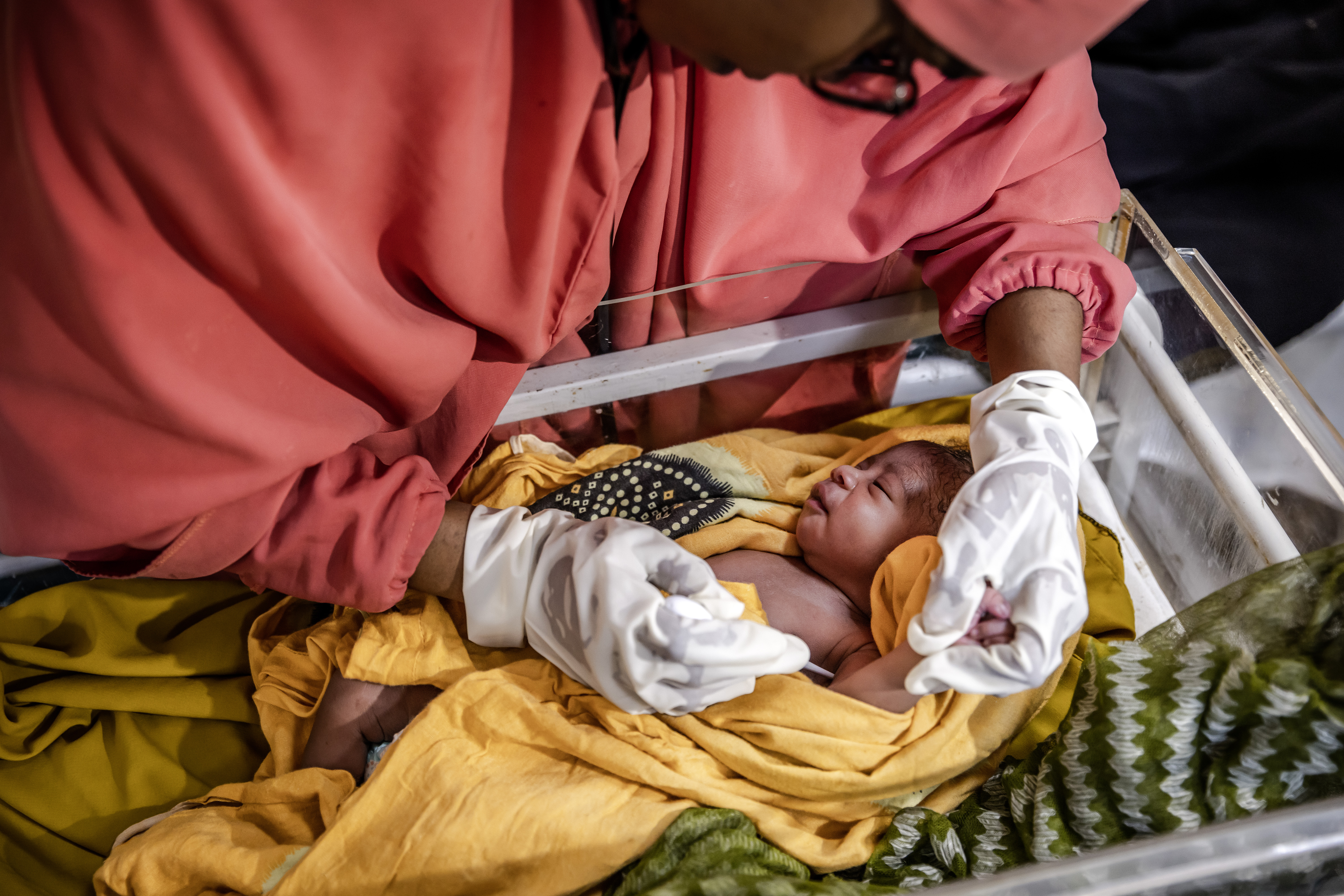
Population dynamics are particularly pertinent due to Somalia’s distinct demographic and environmental landscape. The country grapples with a confluence of challenges, including a rapidly growing youth population, high fertility rates, significant displacement, and the severe impacts of climate change. In particular, the climate crisis has disproportionately affected women and girls - displacing them from their homes, making it difficult to access vital maternal and child healthcare, and safe spaces. The recent Multi-Sectoral Needs Assessment (MSNA) highlights the impact of insecurity and climatic shocks on health outcomes. Of note is accessibility to skilled birth attendants (SBAs), which still remains a critical challenge at 46% despite UNFPA’s heavy investment and support to Midwifery education in Somalia. The increased severity and frequency of droughts in the country have also diminished the resilience of communities, especially those that are nomadic. This calls for the country to re-strategise on sustainable, climate-resilient approaches to achieving its set objectives in the National Development Plan, which are evidence-based and data-driven.
Despite significant progress in increasing data availability through nationwide surveys such as the 2020 Somali Health and Demographic Survey (SHDS), the absence of a national census leaves a significant gap in population data. Consequently, many individuals and their needs remain uncounted and unaccounted for. We must develop appropriate strategies and embrace new technologies to collect, analyse and disseminate data on populations that have been statistically invisible. Inclusive data collection is essential to fully understand and address the diverse needs of all segments of the population.
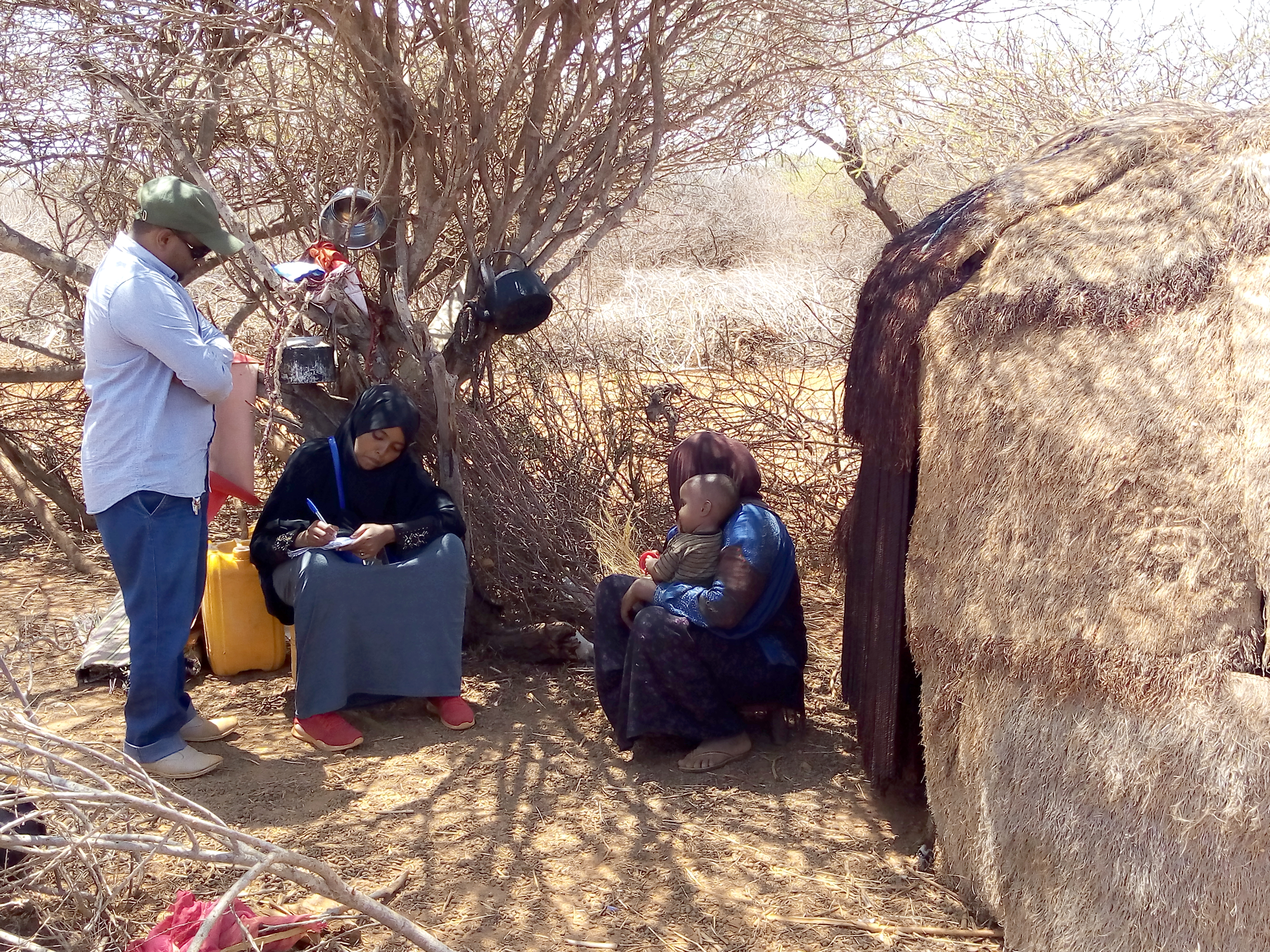
Many individuals and their needs remain uncounted and unaccounted for. To leave no one behind, count everyone.
UNFPA remains committed to strengthening national data systems and promoting the health and well-being of Somali women and adolescent girls. Leveraging the power of data is essential to building inclusive and resilient societies. By doing so, we can ensure that every individual is counted, and their needs are met, paving the way for a future where no one is left behind.
As Somalia commemorates World Population Day this year under the theme ‘Climate Resilience and Sustainable Population Dynamics’, UNFPA reaffirms its commitment in enhancing data systems to address the multifaceted challenges posed by population dynamics and climate change in Somalia. Let us pledge to utilise correct, reliable and inclusive data to inform sustainable policies and programs.
